A Guide to Best Orthopedic Surgeon in Germany

When it comes to orthopedic surgery, Germany is renowned for its excellence, cutting-edge technology, and highly skilled surgeons. If you're searching for the best orthopedic surgeon in Germany, you're likely looking for a specialist who can provide the highest quality of care for your specific condition. Whether you're dealing with a sports injury, chronic joint pain, or a complex spinal issue, Germany's medical landscape offers a wealth of options.
This guide is designed to help you navigate through the top surgeons and what to expect, so you can make an informed decision for your health. We'll delve into the key questions you might have, from identifying leading specialists to understanding the costs and procedures involved. Let's explore what makes German orthopedics a world leader and how you can find the right surgeon for your needs.
Who is Dr. Med. Markus Klingenberg?
While it's challenging to name a single "best" surgeon, Germany is home to a multitude of highly respected specialists. A prominent example is Dr. Med. Markus Klingenberg, who represents the high standard of orthopedic care in the country. As a leading physician in Bonn, Dr. Klingenberg specializes in orthopedics and trauma surgery. His focus areas include arthroscopic surgery of the shoulder, knee, and ankle, as well as foot surgery and sports medicine. He is also known for his work in regenerative medicine, including stem cell therapies for osteoarthritis, and his "Return-to-Sport" concept for athletes. His comprehensive approach, combining advanced surgical techniques with a focus on functional recovery, makes him a sought-after specialist for patients both within Germany and internationally.
What Defines World-Class Orthopedic Care in Germany?
Germany's healthcare system boasts numerous outstanding orthopedic facilities. These institutions are equipped with state-of-the-art technology and are staffed by teams of experienced medical professionals. The country's reputation for excellence is built on several key pillars:
- High Standards and Quality Management: German medical facilities adhere to strict quality control standards, often with external reviews and certifications, ensuring patient safety and treatment success.
- Emphasis on Specialization: Many surgeons and clinics focus on specific areas of orthopedics, such as joint replacement, sports medicine, or pediatric orthopedics. This high degree of specialization leads to greater expertise and better outcomes.
- Focus on Joint Preservation: German orthopedic surgeons are known for their skill in preserving natural joints whenever possible, utilizing minimally invasive techniques, partial prostheses, and regenerative therapies before resorting to total joint replacement.
- Integrated Care: Patients benefit from a multidisciplinary approach that combines diagnostics, surgery, and rehabilitation, often all under one roof, to provide seamless and comprehensive care.
How do I choose the right orthopedic surgeon in Germany?
Selecting the right orthopedic surgeon is a critical step in your treatment journey. With so many highly qualified specialists in Germany, it's important to have a set of criteria to guide your decision. Here are some key factors to consider:
- Specialization: Ensure the surgeon has extensive experience in treating your specific condition. For example, if you have a complex sports injury, look for a specialist in sports medicine and arthroscopic surgery.
- Experience and Qualifications: Research the surgeon's background, including their education, certifications from recognized medical societies (like AGA for arthroscopic surgery or GFFC for foot surgery), and years of practice.
- Patient Reviews and Testimonials: Hearing from previous patients can provide valuable insights into a surgeon's skill, bedside manner, and the overall patient experience.
- Treatment Philosophy: Look for a surgeon whose approach aligns with your goals. For instance, if you prioritize non-invasive or regenerative options, seek out a specialist with expertise in those areas.
It's also a good idea to schedule a consultation. This will give you an opportunity to ask questions, discuss your concerns, and get a feel for their approach to patient care.
What are Dr. Med. Markus Klingenberg's Areas of Specialization?
Dr. Klingenberg's expertise covers a broad range of modern orthopedic treatments with a focus on minimally invasive and joint-preserving techniques. His primary areas of specialization include:
- Arthroscopic Surgery: He is a certified specialist in arthroscopic (keyhole) surgery for various joints, including the shoulder, elbow, hand, knee, and ankle. This minimally invasive approach allows for faster recovery and less scarring.
- Sports Medicine: As a former competitive athlete and an expert in functional training, Dr. Klingenberg has a deep understanding of sports injuries. He developed the "Return-to-Sport" concept, a comprehensive program to help athletes safely and effectively get back to their activities.
- Regenerative Orthopedics: He is a pioneer in using the body's own healing powers to treat joint disease. This includes advanced treatments like using autologous (the patient's own) fat-derived stem cells to treat osteoarthritis, aiming to preserve the joint and avoid replacement.
- Foot and Ankle Surgery: Dr. Klingenberg holds a certificate in foot surgery and treats a variety of conditions affecting this complex area of the body.
What is the cost of orthopedic surgery in Germany?
The cost of orthopedic surgery in Germany can be a significant factor for many patients, especially those traveling from abroad. Prices are not standardized and can vary based on several factors:
- Type of Procedure: More complex surgeries will naturally be more expensive than minimally invasive ones.
- Surgeon's Fees: Highly experienced and renowned surgeons may charge more for their services.
- Hospital and Anesthesia Costs: The choice of facility, length of stay, and level of comfort will all impact the final bill.
- Materials and Technology: The cost of implants or specialized technologies used during the procedure will also be a factor.
It's advisable to get a detailed cost estimate from the provider before committing to a procedure. This should include all anticipated expenses to avoid any surprises. Many international patients find that even with travel costs, orthopedic surgery in Germany can be a cost-effective option due to the high quality of care and favorable outcomes.
What are the latest orthopedic technologies used in Germany?
Germany is at the forefront of medical innovation, and this is particularly true in the field of orthopedics. Surgeons in Germany have access to a wide range of advanced technologies that enhance the precision, safety, and effectiveness of orthopedic procedures. Some of the latest technologies include:
- Robotic-Assisted Surgery: Robots are used to assist surgeons in performing joint replacements with greater accuracy, leading to better implant positioning and longevity.
- Advanced Imaging: High-resolution MRI and CT scans, as well as intraoperative imaging, provide surgeons with detailed views of the anatomy, enabling more precise surgical planning and execution.
- Regenerative Medicine: Cutting-edge biological treatments, such as Autologous Conditioned Plasma (ACP) and stem cell therapies, are used to stimulate the body's natural healing processes and repair damaged tissue.
- Custom 3D-Printed Implants: For complex cases, custom implants and surgical guides can be created using 3D printing technology, allowing for a more personalized approach to surgery.
What is the recovery process like after orthopedic surgery in Germany?
Recovery is a crucial part of the orthopedic treatment process, and German medical facilities place a strong emphasis on rehabilitation. The goal is to help patients regain their mobility and function as quickly and safely as possible. The recovery process typically involves:
- In-Hospital Rehabilitation: Physiotherapy often begins the day after surgery to prevent complications and promote healing.
- Specialized Rehabilitation: Many patients undergo a period of intensive rehabilitation, either as an inpatient at a specialized clinic or through structured outpatient therapy.
- Functional Training: Innovative concepts, such as Dr. Klingenberg's "Return-to-Sport," focus not just on healing the injury but on restoring full functional mobility, stability, and neuromuscular control, using specific screening and exercises to guide the process.
This structured and comprehensive approach to rehabilitation is a key factor in the high success rates of orthopedic surgery in Germany.
Why is Germany a popular destination for medical tourism in orthopedics?
Germany has established itself as a leading destination for medical tourists seeking orthopedic treatment. Several factors contribute to its popularity:
- High Quality of Care: Germany's healthcare system is known for its stringent quality standards and focus on patient safety.
- Expertise and Innovation: The country is home to some of the world's leading orthopedic surgeons and is at the forefront of medical research and technological innovation.
- Transparent Pricing: While not cheap, the cost of orthopedic surgery in Germany is often more affordable than in countries like the United States, and the pricing is generally transparent.
- Efficient and Well-Organized System: The German healthcare system is known for its efficiency, with relatively short waiting times for consultations and procedures.
For these reasons, many international patients choose Germany for their orthopedic needs, confident that they will receive the highest quality of care.
Ready to explore your options for orthopedic treatment in Germany? Explore PlacidWay for access to a network of world-class hospitals and specialists. We can help you find the right solution for your healthcare needs.


.png)
.png)
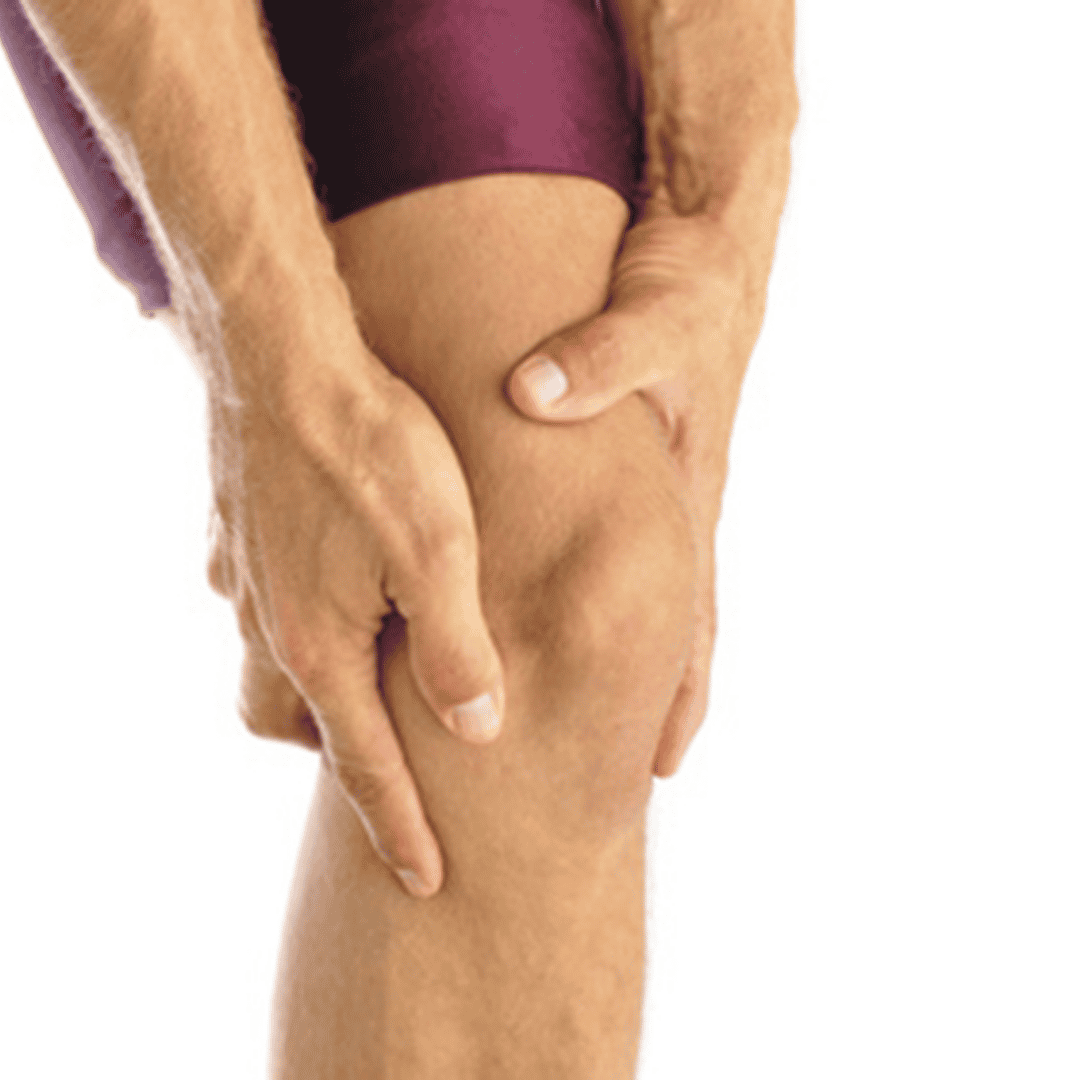
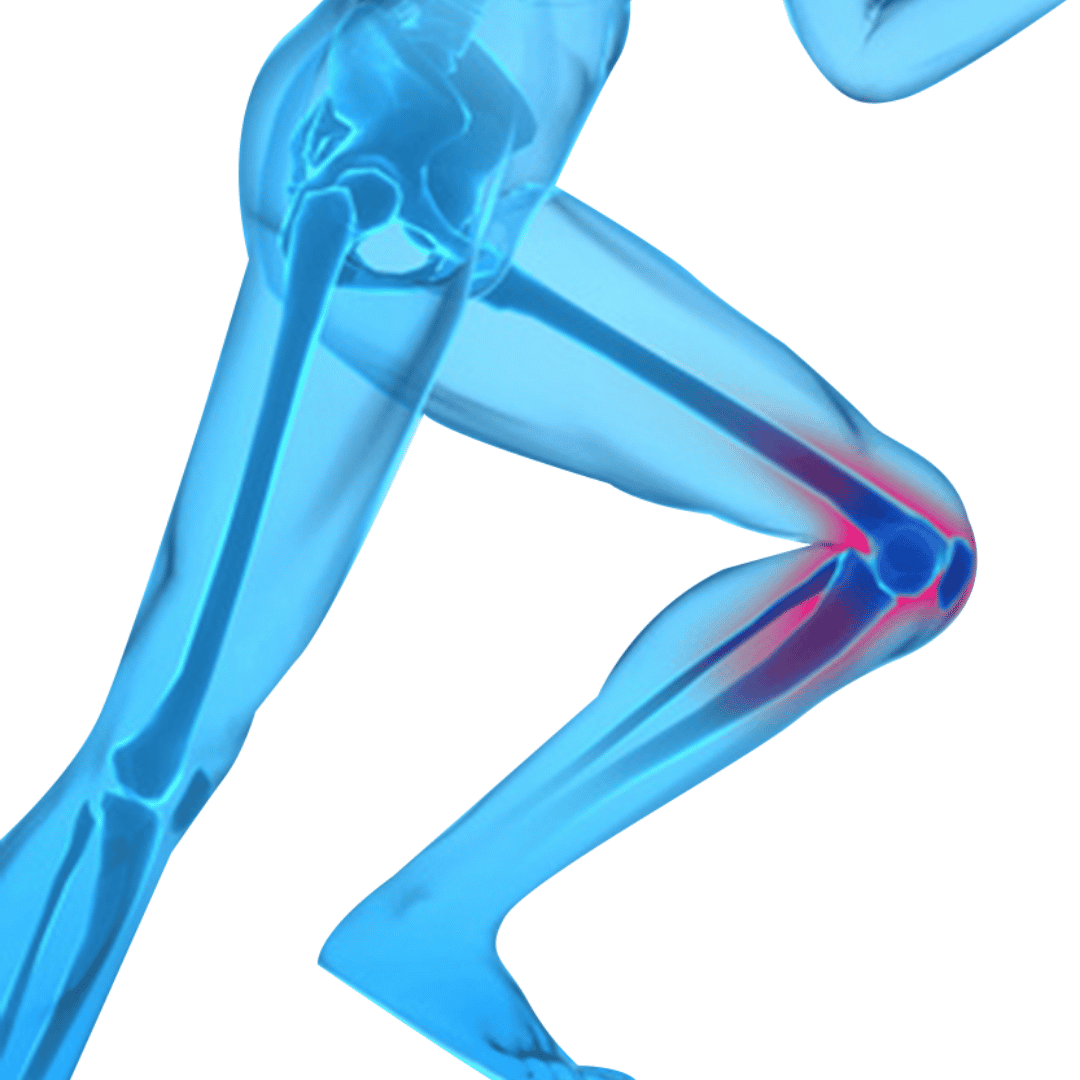

.png)
.png)
.png)
.png)

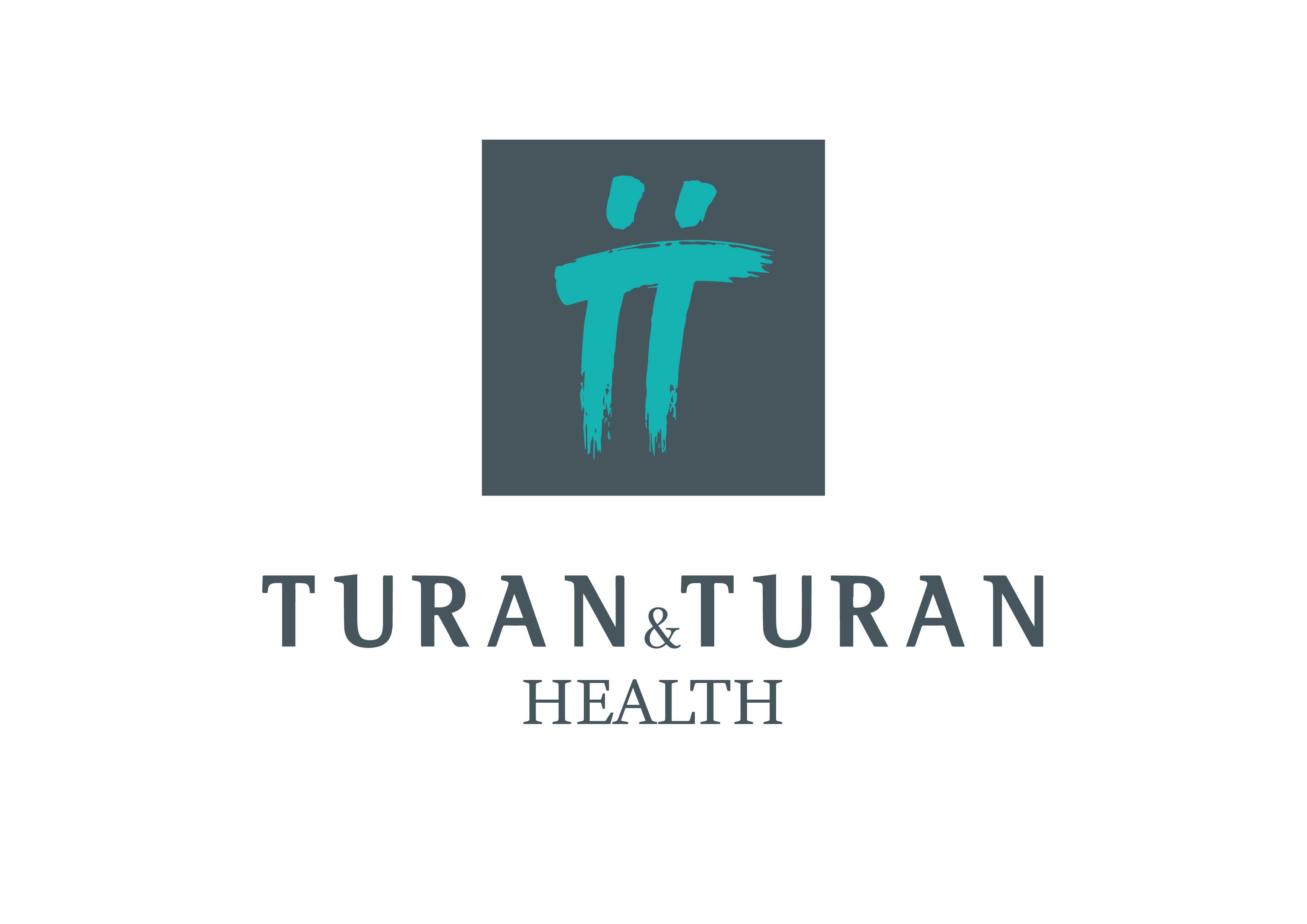
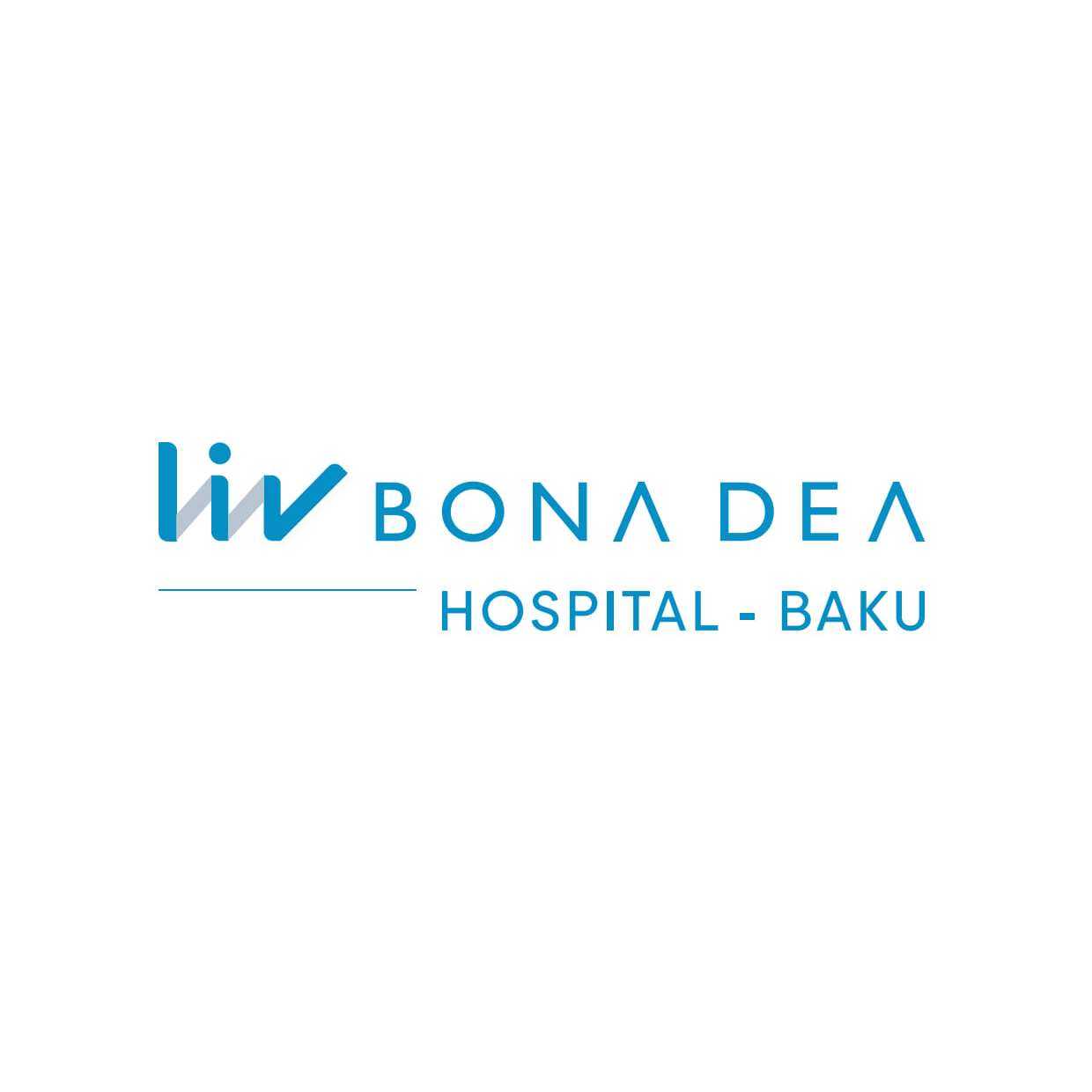
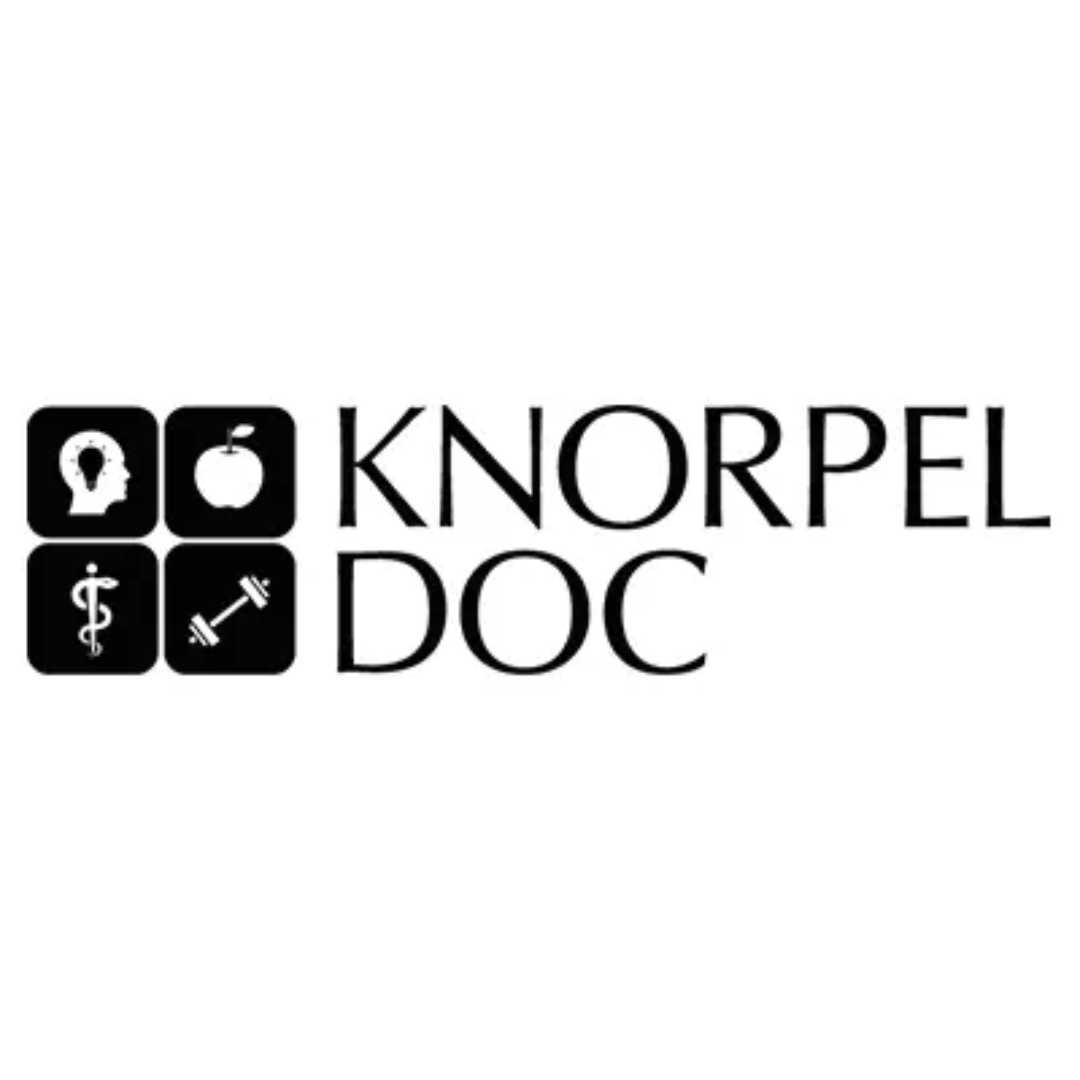

Share this listing